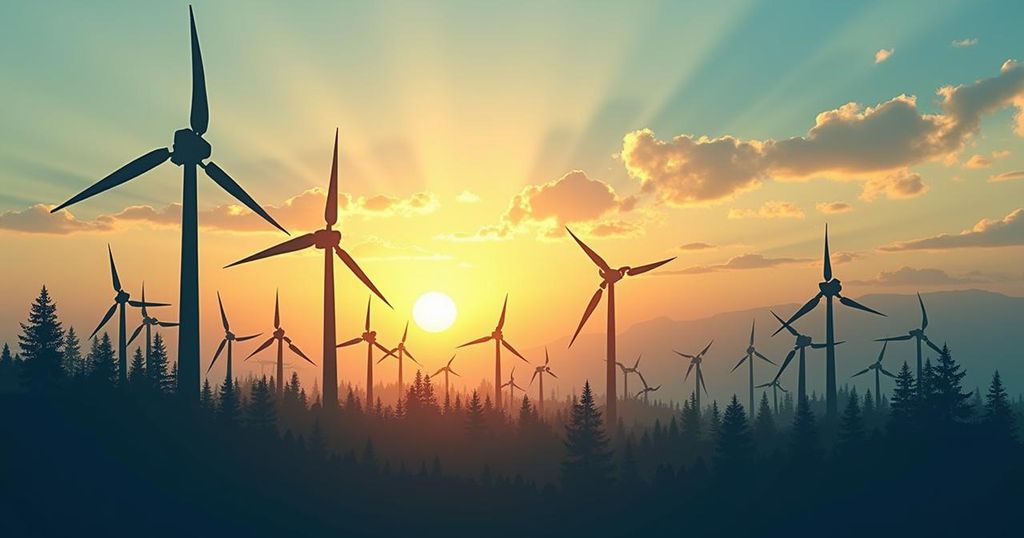Dangote on Energy Transition: A Gradual Journey Ahead for Africa
Aliko Dangote, CEO of Dangote Refinery, emphasized at the UNGA 79 that transitioning from fossil fuels to renewable energy will take considerable time. He highlighted Africa’s urgent energy needs and the necessity of utilizing natural gas and coal alongside renewables. He also expressed his commitment to investing in renewable energy, advocating for African leadership in development amidst the continent’s challenges with climate change.
In a recent statement made at the 79th United Nations General Assembly, Aliko Dangote, the CEO of Dangote Refinery, highlighted the gradual pace required for the global transition from fossil fuels to renewable energy. He asserted that while the shift is necessary, Africa must first address its immediate energy issues, which include the significant proportion of the population lacking access to electricity. With 600 million Africans without electricity, Dangote underscored the need for reliance on natural gas and coal in conjunction with renewable sources during this transition period. He pointed out that the production of over 6,800 items from oil demonstrates the complexity of finding suitable replacements and stressed that a replacement for oil will not materialize swiftly, stating, “Transitioning doesn’t happen in one day. It will happen over a period of time. If we are going to move from where we are straight into renewable, we will die.” Moreover, Dangote affirmed his company’s commitment to investing in renewable energy, emphasizing the necessity for Africa to lead its own development. He remarked, “Nobody will develop Africa, but Africans. No matter what, we must lead before other people are going to get convinced to follow us.”
The commentary from Aliko Dangote comes at a critical time when Africa is grappling with the adverse consequences of climate change, despite contributing only 4% to global greenhouse gas emissions. The continent stands as the most vulnerable region, facing challenges such as food insecurity, environmental degradation, and conflicts exacerbated by climate-related phenomena. Reports indicate that in 2022, approximately 110 million people in Africa were affected by climate-induced issues, leading to significant economic losses. The African Development Bank has highlighted the urgent need for substantial investments, estimating that Africa requires around $3 trillion by 2030 to address these challenges and adapt effectively to climate change.
In conclusion, Aliko Dangote has articulated a measured perspective on Africa’s energy transition from fossil fuels to renewable sources, stressing the pressing need to address current energy deficits before a complete shift can occur. He emphasizes the importance of African leadership in the region’s development and expresses a commitment to renewable energy investment, while also underscoring the complex realities associated with moving away from oil. The African continent must tackle its immediate energy challenges while planning strategically for a sustainable future.
Original Source: nairametrics.com




Post Comment